Stories From the People
The Scent of Change From the Long Page
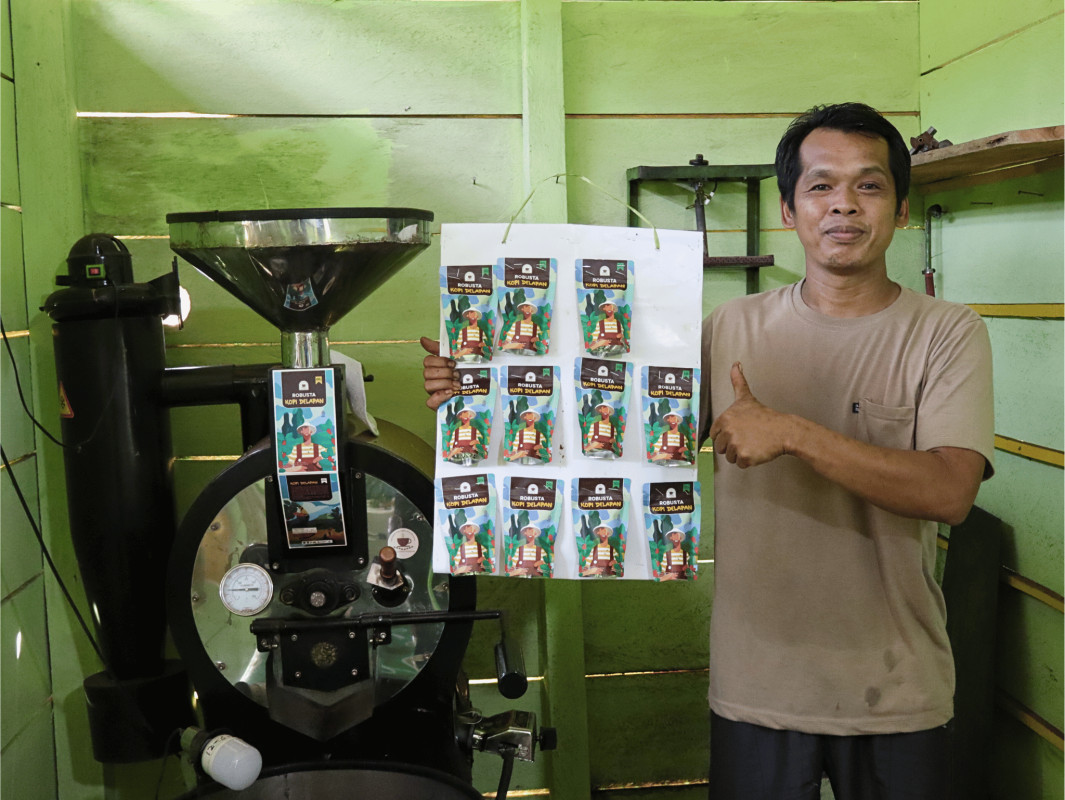
Portal BIOCF
Tuesday, 05 August 2025 Post 12:08 AMOn a cool morning in Laman Panjang Village, Bathin III Ulu District, Bungo Regency, the aroma of fresh coffee wafts from the farmers' homes. The aroma, once enjoyed only at harvest time and never released from the grain, now finds its way into neatly labeled packages: Laman Panjang Village Coffee.
Few would have imagined this significant change would occur in just a matter of months.
Previously, the farmer group, which is part of the Agam Maju Bersama Coffee Cooperative (KUPS Kopi Agam Maju Bersama), could only sell their coffee in its raw form—grains that were simply dried and then taken to middlemen. With a selling price of only around IDR 55,000 per kilogram, a harvest of two tons of raw coffee yielded only between IDR 20 million and IDR 40 million. This wasn't a small amount, but it was far from its true potential.
"At that time, we didn't know how to process coffee into powder. So, we could only sell it as is," said Maskur, the head of the Agam Maju Bersama coffee farmers' group, with a tone of resignation that has now been replaced with optimism.
Hope came when the Bungo KPHP (Farm and Farmers' Cooperative) came through the BioCarbon Fund (BioCF) funding program. This group of farmers received assistance in the form of coffee hulling and roasting machines, as well as training in coffee processing from upstream to downstream. The machines—though not as large as those owned by large factories—became a symbol of a change in fortune.
Now, they no longer sell raw coffee beans. They roast, grind, and package their own coffee. The same beans yield a world of difference. One kilogram of coffee can produce about 700 grams of ground coffee. If sold in 100-gram packages for Rp 19,000, their income increases manyfold.
Every two weeks, this group can produce 250 packets of ground coffee. This amount can generate nearly 4.75 million Rupiah. And this is no longer just a seasonal sale of unhusked rice, but a product that can be sold year-round.
More than just profit, this change has given the farmers a new sense of self-worth. They now know that their coffee is valuable and that they can process it themselves.
"Now, we no longer just plant and wait for the harvest. We also learn about taste, quality, and how to sell. This isn't just coffee, this is the future," Maskur continued proudly.
Laman Panjang Hamlet may be remote. But from here, the aroma of change is starting to spread. And like coffee that becomes more fragrant after being roasted, the farmers' enthusiasm is now strengthened—because they know they can move up a class.
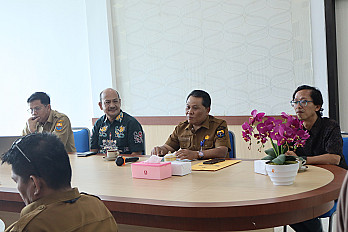
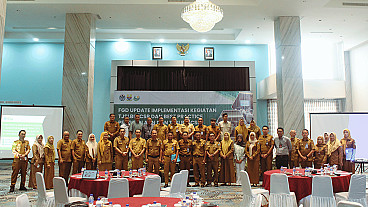
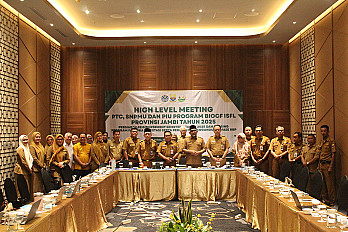
-thumb.jpg)
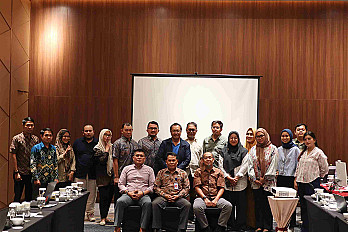
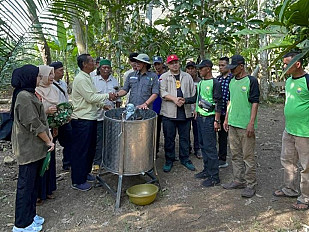
-thumb.jpg)
-thumb.jpg)